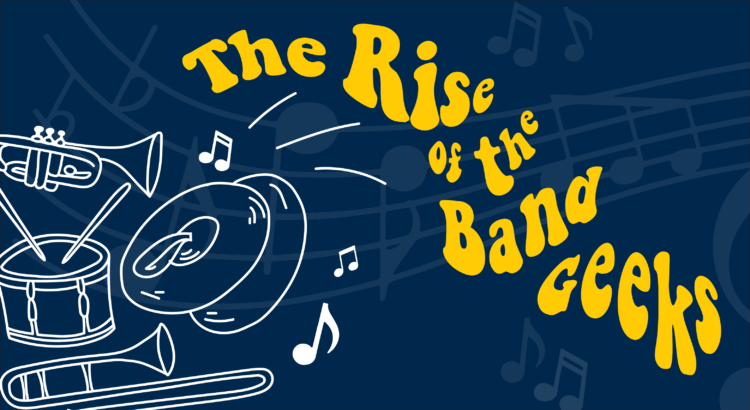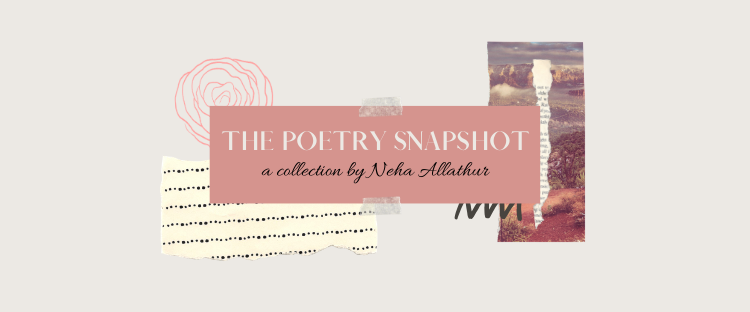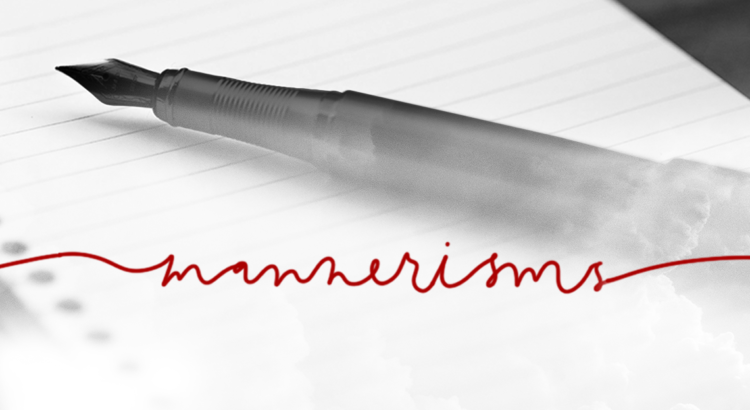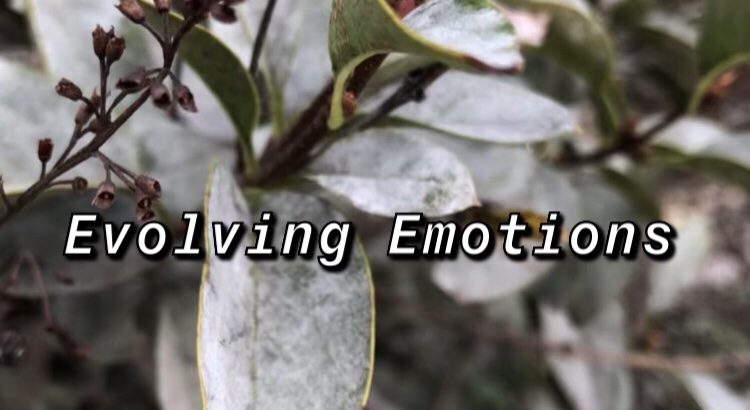O pom-pom graced atop the knitted dome
Secured by laces tipped with aglets clear;
Beneath thee soft-striped stitches tightly roam
In chevrons spanning from thee to the ear.
O stitches stretched into a snug caress
Around the fragile flesh and mind and hair
You trap soft heat and ward off cruel duress
That would arise were this pale pate left bare.
O flesh, that warmth may bless thy frigid heart
Nestled within thee, that the stitches may
Envelop fragile you from the game’s start
And shield you till night voids the might of day.
May ev’ry precious strand upon your head
Of the band beanie undermine cold’s dread.








